Cluster hosting is not very well known compared to other types of hosting plans. You might already know how shared and dedicated hosting work, but most providers don’t offer “cluster” services. That’s a shame since cluster hosting provides many benefits that other types of plans don’t.
With cluster hosting plans, your website doesn’t reside in just one server but across many. This can offer serious benefits when it comes to scaling your site (handling more traffic) and avoiding downtime.
However, the main con is that cluster hosting is a more advanced hosting setup, which makes it a lot pricier than your average web host.
📚 In this article, we’re going to talk about how cluster hosting works and what to look for in a provider. Then we’ll introduce you to several great cluster hosting services. Let’s get to it!
What is cluster hosting? 💡
“Traditional” web hosting uses one server for one or multiple client accounts and websites. There are several types of hosting plans that use this model. The common thread between all of them is that each site is assigned to a specific server.
With cluster plans, the key difference is that your website will be hosted across multiple servers, typically in the same physical location. Each server is typically called a node.
👉 For example, your host might be hosted on five different servers (nodes) in the same location, which means there’s no single point of failure.
A web host might have various server clusters across multiple regions, each with its own set of clients.
What makes cluster hosting different? 🤔
The main benefits of cluster hosting are a high degree of scalability and reliability.
Depending on the cluster’s resources, its servers should be able to handle spikes in traffic without any issues.
Many cluster hosting approaches can also create new nodes in the cluster at will, which lets the host generate more servers during high traffic situations. This is called “horizontal scaling.”
In contrast, “vertical scaling” works by adding more resources to a single server rather than adding more servers.
Moreover, downtime shouldn’t be a problem because it is nearly impossible for all servers in a cluster to go down at the same time. Basically, having a cluster means there’s no single point of failure.
To direct traffic between these different servers, a host will typically employ a load balancer. The load balancer does what its name suggests – it balances the load of your site’s traffic by directing traffic to different servers in the cluster.
💡 It’s important to understand that cluster hosting is not a budget option. Most cluster plans start in the hundreds of dollars per month. You’re usually paying for clusters with plenty of resources and hands-on-server management. Therefore, unlike cloud hosting plans, it’s very rare to find cheap cluster hosting providers.
What to look for in a cluster hosting provider 🕵️
If you’re not yet familiar with cluster hosting plans, you might not know what to look for 🔍 in a provider. Let’s go over the features that you should consider when comparing cluster servers and providers:
- Scalability: When comparing cluster web hosts, you’ll notice most of them have separate plans according to nodes. The more nodes in the cluster, the more resources you’ll get access to. In turn, this means you’ll be able to scale your website further.
- Automatic scaling (auto-scaling): If your site has traffic spikes (e.g., going viral), you might want a provider that lets you set up automatic scaling rules. Again, this lets you horizontally scale your site by spinning up more nodes during high-traffic periods (and then shutting down those added nodes when they’re no longer needed to keep costs down).
- Load balancing: Any cluster setup worth its salt will have a custom load balancing setup. This makes it easier to distribute the work of hosting your site across the entire cluster. It should also avoid downturns in performance when the site is under stress.
- Private switches: With private switches, the virtual machines that host your website are completely isolated from the other customers in the cluster.
- Managed setup: If you don’t have a background in server management, it may be worth paying for managed cluster setups.
💡 The best cluster web hosts typically offer managed services. That’s because customers that use this kind of plan usually want the best performance and features. However, if you’re launching your first website, this type of plan can be overkill.
Pros and cons of cluster hosting 👍👎
There are a lot of benefits to using cluster servers.
The main upside of cluster setups is that you get a great deal of scalability. The more nodes you pay for, the more resources that you’ll get access to, which means your account can handle more traffic or websites.
Compared to cloud hosting, cluster servers tend to offer better performance, and they’re often managed. That means you get a team working to make sure your cluster delivers the best possible performance and security.
What’s more, your site will have rock-solid reliability because there’s no single point of failure. If one node goes down, the load balancer can seamlessly redirect traffic to other nodes that are still working.
All of those upsides come at a cost, though. In this case, that cost is a high price tag. Most cluster plans start in the $500-1,000 range per month, and it’s not uncommon to see options that cost thousands of dollars.
With that in mind, cluster hosting is only viable if you have a well-established website (or multiple sites) and need the very best performance, scalability, and reliability.
If you’re launching a new website and you have little experience with hosting, we recommend trying out other types of plans, such as virtual private server (VPS) or shared setups instead.
Best cluster hosting providers in 2023 🏆
There aren’t a lot of web hosts that offer cluster server setups. This is a somewhat niche hosting plan geared toward demanding customers. With that in mind, we put together a short list of some of the best cluster server providers to choose from!
1. ScalaHosting

ScalaHosting offers several types of custom cluster solutions, including options located in a single data center and others spread out across multiple locations. These multi-location setups are ideal if you want a high degree of redundancy for your websites.
All of ScalaHosting’s clusters come with managed services, smart load balancing, staging functionality, and an SPanel setup. However, this company doesn’t offer pre-built plans, so you need to contact an agent to discuss your needs. Its cluster plans start at around $1,400 per month.
2. Liquid Web

Liquid Web is one of our recommended VPS web hosts. It’s also a great option if you’re looking for server clusters with pre-defined plans. Liquid Web offers four tiers of cluster hosting plans, ranging from $743 to $2,149 per month.
Plans start at two-node clusters and go all the way up to six. Most of Liquid Web’s packages offer load-balancing and managed hosting functionality. You can also request a custom plan if you need a specific type of cluster setup.
3. euroVPS

As its name implies, euroVPS is an option geared toward European customers. That’s not to say you can’t use this hosting provider if you’re not in Europe. However, its data centers are located in the Netherlands.
euroVPS offers fully custom solutions for its cluster servers. Its setups include load balancers, private switches, and backup servers. It also offers free migration services to all customers. This makes euroVPS a fantastic option if you already have a website and want to improve its performance by moving to a cluster setup.
In terms of pricing, euroVPS is at the higher end of the scale. Plans start at €7,500 per month, so it’s mostly an option for enterprise and e-commerce websites.
Cluster hosting FAQ 🙋
What is cluster hosting?
With cluster hosting, your website is hosted across multiple servers instead of just one as it’s done with traditional web hosting. Each such server is called a node. For example, your host might be hosted on five different servers (nodes) in the same location, which means there’s no single point of failure.
What makes cluster hosting different?
Cluster hosting is usually associated with better scalability and reliability. Due to the fact that there’s no single point of failure – there are multiple nodes – you can expect your site to be able to sustain more load or behave better during traffic spikes.
Conclusion 🏁
Cluster hosting is a fantastic option that most people don’t consider, especially since not many web hosts offer this plan. However, companies that do tend to go all out with their resources, added features, and server management.
With that in mind, it’s important to remember cluster hosting is not a budget option. However, it may be the way to go if you want the very best reliability, scalability, and performance, and you’re willing to pay for all of that.
Out of the web hosts we mentioned earlier, ScalaHosting is our recommended pick. It offers customer clusters with SPanel and plans start at approximately $1,400 per month. You can get a custom quote by reaching out and discussing your needs with one of ScalaHosting’s agents.
Do you have any questions about cluster hosting? Let’s talk about them in the comments section below!


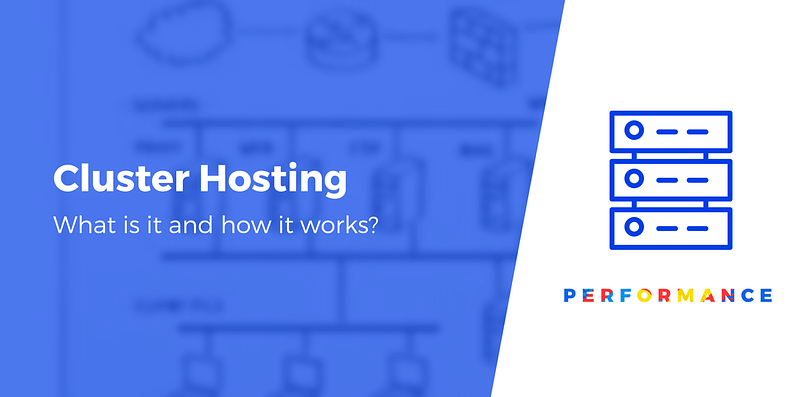
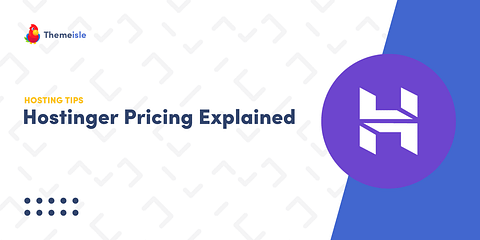



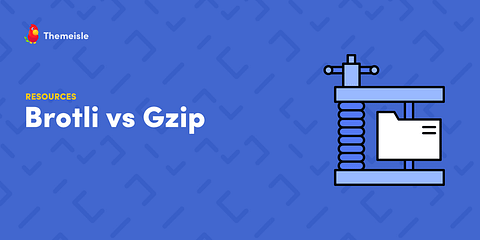

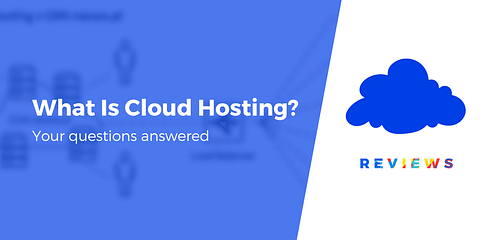
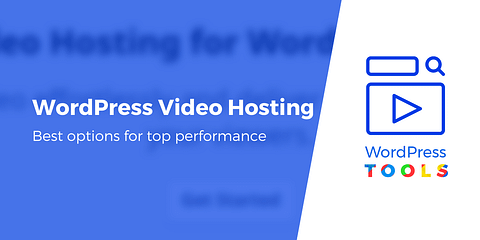

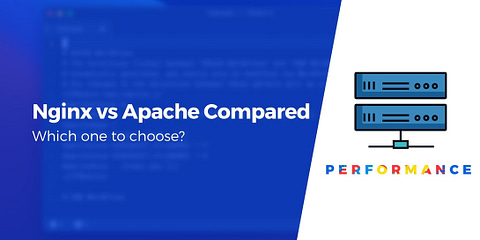
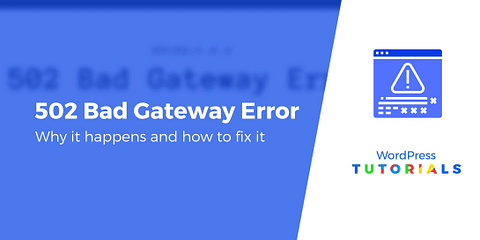
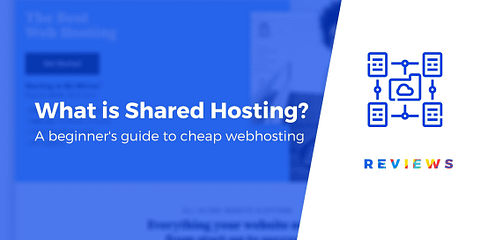
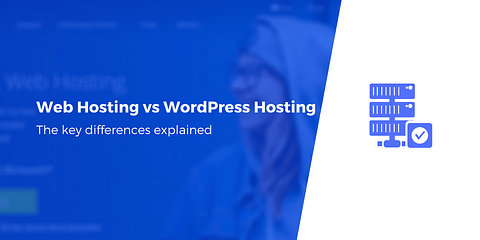


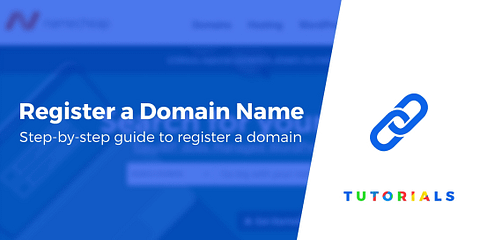
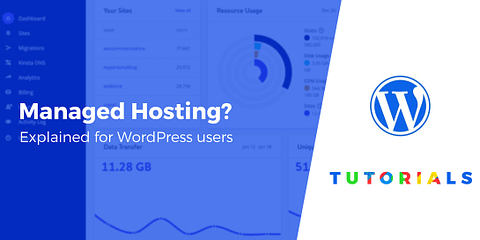
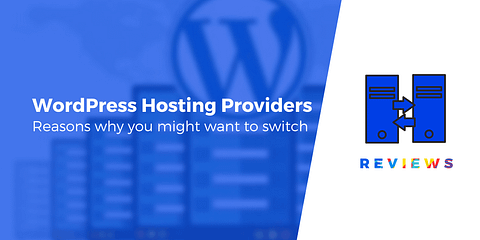
Or start the conversation in our Facebook group for WordPress professionals. Find answers, share tips, and get help from other WordPress experts. Join now (it’s free)!